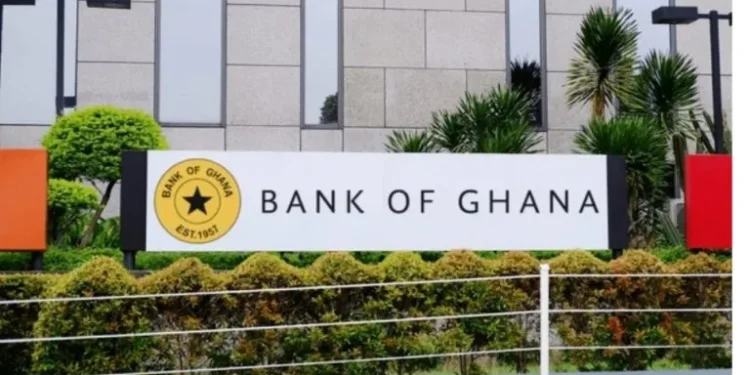BoG Tightens Foreign Currency Import and Export Rules to Curb Money Laundering
The Bank of Ghana (BoG) has issued amended guidelines on the importation and exportation of foreign currency, introducing stricter declaration and documentation requirements as part of enhanced anti-money laundering measures.
Effective September 1, 2025, travellers entering or leaving Ghana will be required to declare all foreign currency holdings above US$10,000, or its equivalent, to the Customs Division of the Ghana Revenue Authority (GRA) using the official Foreign Currency Declaration Form (FX-5).
Inbound travellers carrying sums above the threshold must present proof of declaration from their port of origin, while outbound travellers with more than US$50,000 are required to submit endorsed bank slips or foreign exchange bureau receipts as evidence of purchase or withdrawal. Importers must additionally provide a valid Import Declaration Form (IDF), commercial invoices, and contracts where applicable.
The guidelines, issued under the Foreign Exchange Act, 2006 (Act 723), Anti-Money Laundering Act, 2020 (Act 1044), and Customs Act, 2015 (Act 891), prescribe stiff penalties for non-compliance, including immediate seizure of undeclared funds, fines, and possible criminal prosecution.
The directive also explicitly prohibits the transportation of foreign currency through mail or cargo, warning that such funds will be confiscated to the State.
Monetary instruments covered under the directive include coins, cash, travellers cheques, bearer shares, bonds, money orders, prepaid wallets, and precious metals.
According to the central bank, the move aligns with international best practices to combat illicit financial flows and protect the integrity of Ghana’s financial system.









Comments 1